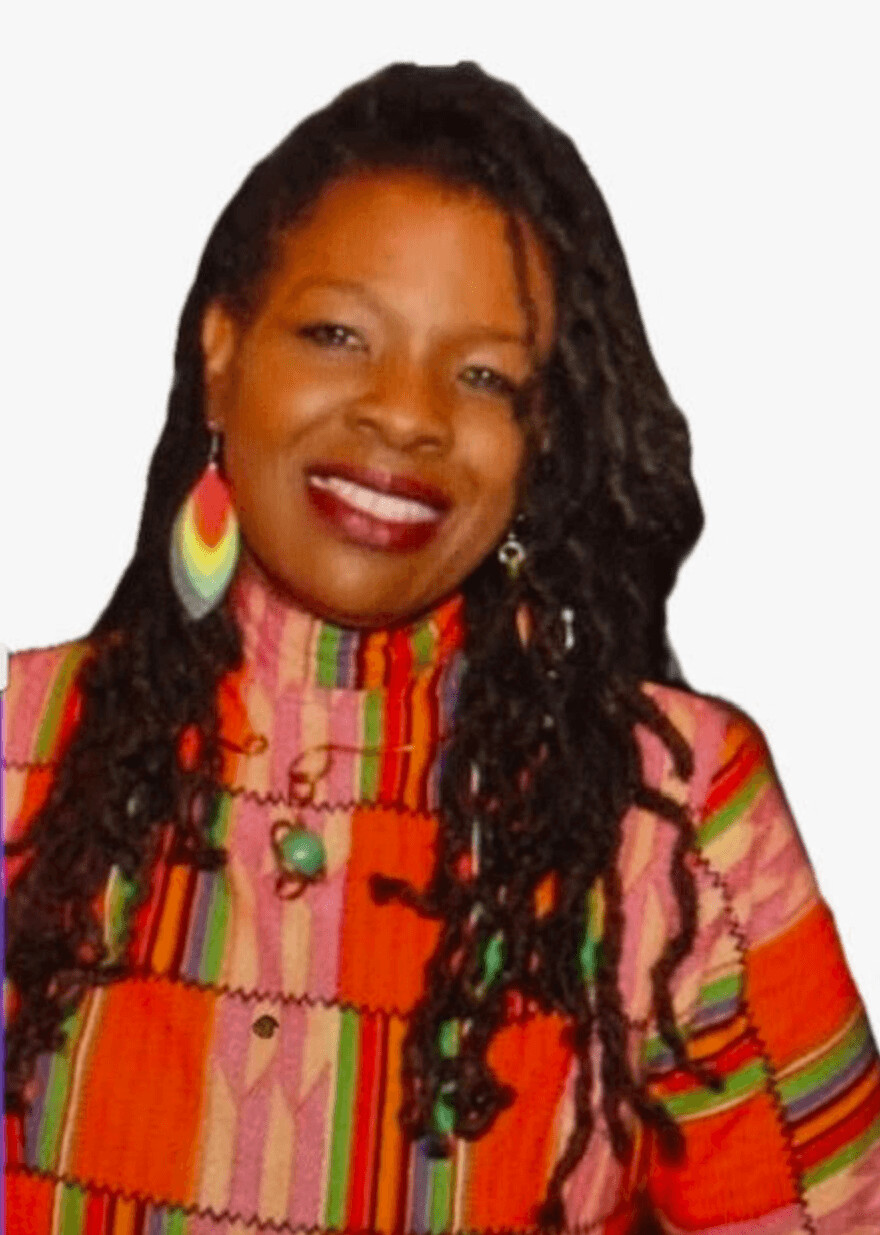We caught up with the brilliant and insightful Dr. Sherone Smith-Sanchez a few weeks ago and have shared our conversation below.
Dr. Sherone, appreciate you joining us today. Any thoughts around creating more inclusive workplaces?
When thinking about inclusivity, we must make room for those who think, act, and live differently than we do, while considering how our many paths and behaviors intersect with one another. Leaders often try to consider inclusivity by surface behaviors, such as potluck dinners. However, to be included one must be understood. An example of this may be found in how each ethnicity views hair. I have had many instances of colleagues attempting to touch my hair and referring to my locs as ‘dreads’. Authentic interaction with me might help them to understand that the touching of one’s hair is a very personal matter where I am from; and that the term ‘dreads’ evolved from a time when colonizers referred to our hair as dreadful locks. There was a time when people in my nation were discriminated against, arrested, and had their locs cut against their will. So, in our current social and professional contexts, including me…all of me…means accepting even my hair as a normal part of HR policies and daily practice.
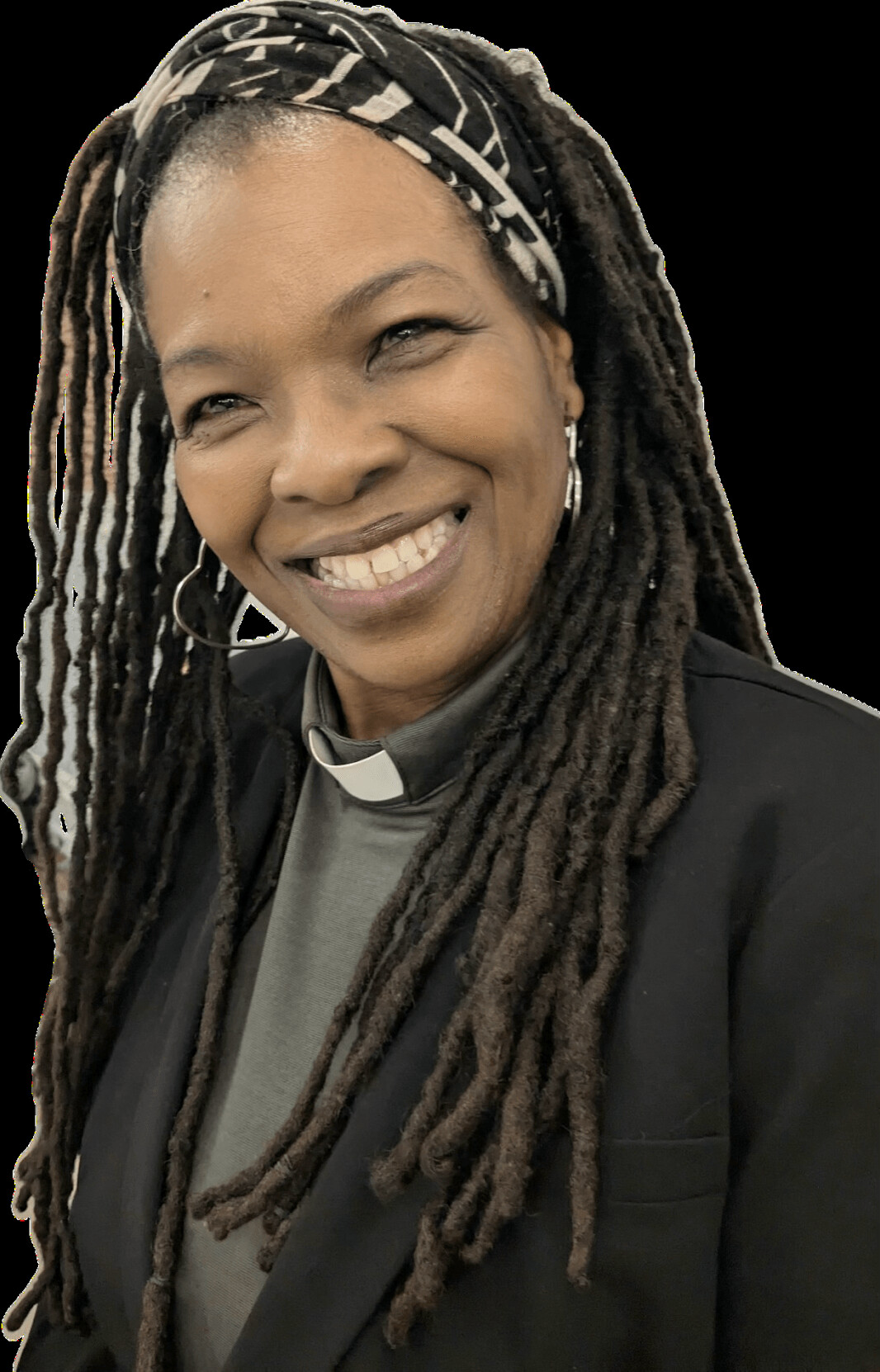
Dr. Sherone, before we move on to more of these sorts of questions, can you take some time to bring our readers up to speed on you and what you do?
As a champion for social justice with nearly three decades of leadership experience, I’ve dedicated my career to empowering communities through motivational speaking, professional development/leadership coaching, education, and social services. As President of Talawah Turf International, former COO of Lutheran Social Services NY, and Assistant Commissioner for NYC Children’s Services, I’ve advocated for thousands of children and families. My work has been recognized through numerous honors, including the 2024 U.S. President’s Volunteer Award, the 2023 Nassau County Unsung Heroes Award, and Molloy University’s Lighthearted Lion Award. I continue to fight for equity through board participation, grant-writing, consultation, and professional development services that strengthen organizations serving our most vulnerable populations. Additionally, the role that is dearest to my heart is that of philanthropist, where annually, I raise and match funds to support the educational endeavors of at least one Jamaican student of need and excellence via the GJS Scholarship Fund.
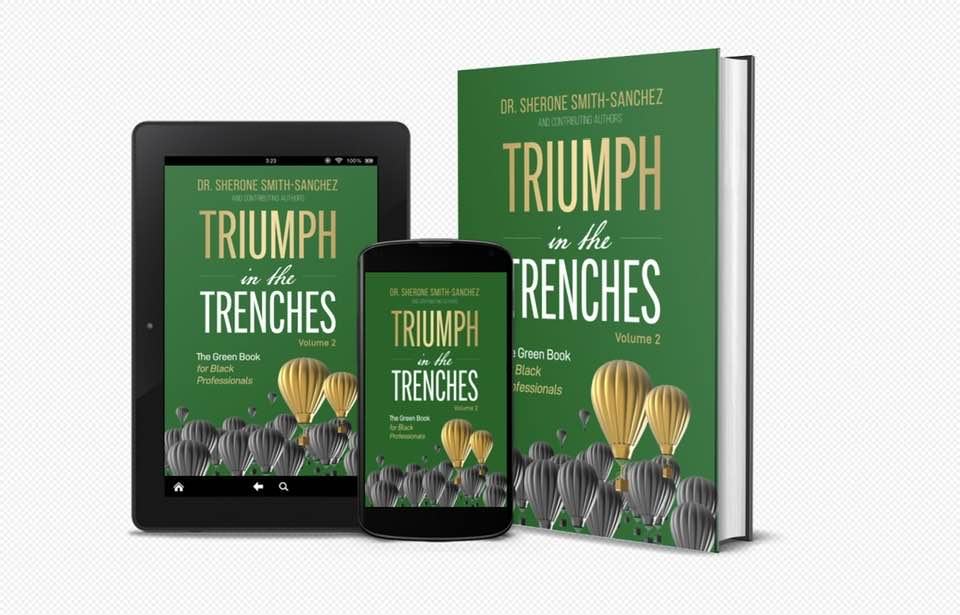
What do you think helped you build your reputation within your market?
A leader with whom I once did business said, “Everyone knows that your brand is about integrity, Dr. Sanchez”. I would like to think that I am knowledgeable about the fields of leadership, social service, early childhood education, and ministerial service; and that it is expressed as a humble love-letter to my community. So, grant-writing and professional development clients come because they know that I understand the world of government-funded social services and that my brand is about helping them to avail themeselves of those resources in a manner that is steeped in integrity.
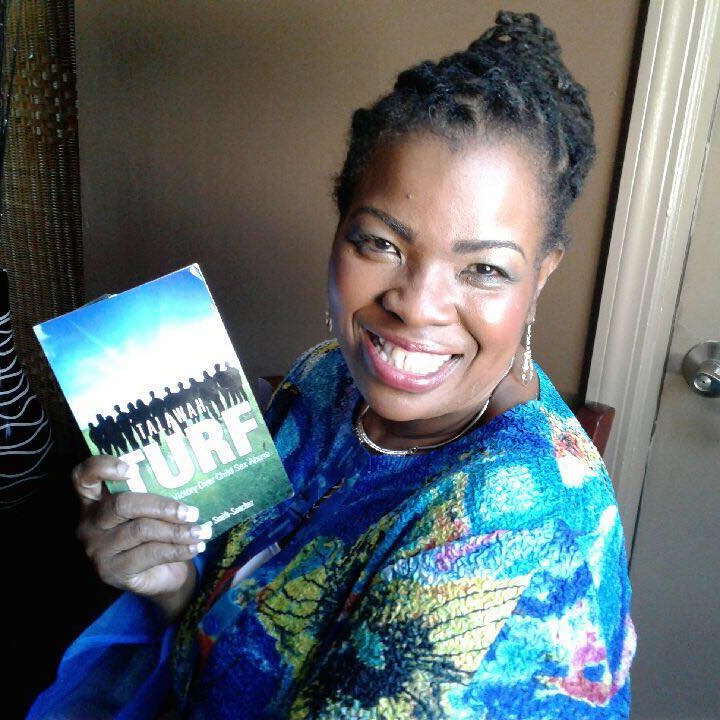
Let’s talk about resilience next – do you have a story you can share with us?
I share a story of resilience when discussing how I survived workplace mobbing in the Triumph in the Trenches anthology series: Upon earning a leadership position in civil service, I faced fierce opposition from colleagues who believed advancement should come through “time served” rather than merit. On my first day, some staff literally turned their backs as I entered, demonstrating solidarity against my promotion. Yet I chose to respond with warmth: “Good morning! I’ll see you at 10 for our meeting!” No amount of cold resistance could diminish my passion for change or my love of my colleagues with whom I had worked for years. True resilience comes from working to build insight and looking past people’s behaviors to understand their inner workings.
I understood their behavior reflected a deeper pain – the residue of colonial systems that had kept our people competing against each other and trudging on wheels that gave only the illusion of movement. Rather than engaging in the tokenism game or perpetuating systems of oppression, I aimed to peacefully transform them and myself. My strategy was simple: consistently convey respect for my colleagues’ collective knowledge while building a shared vision for change.
Through faith, grit, and grace, we helped defrost a department frozen by fear. As they understood my intention to create a safe, passionate, research-focused environment, these same colleagues became the joy of my leadership career. As Black women in leadership, we can choose to light up the room with lioness energy rather than perpetuate cycles of competition and colonialism.
Contact Info:
- Website: https://talawahturf.com/
- Instagram: https://www.instagram.com/talawah_t/
- Facebook: https://www.facebook.com/talawahturf/
- Linkedin: https://www.linkedin.com/in/dr-sherone-smith-sanchez
- Twitter:
- Other: https://fanbase.app.link/xtd7thcpKQb
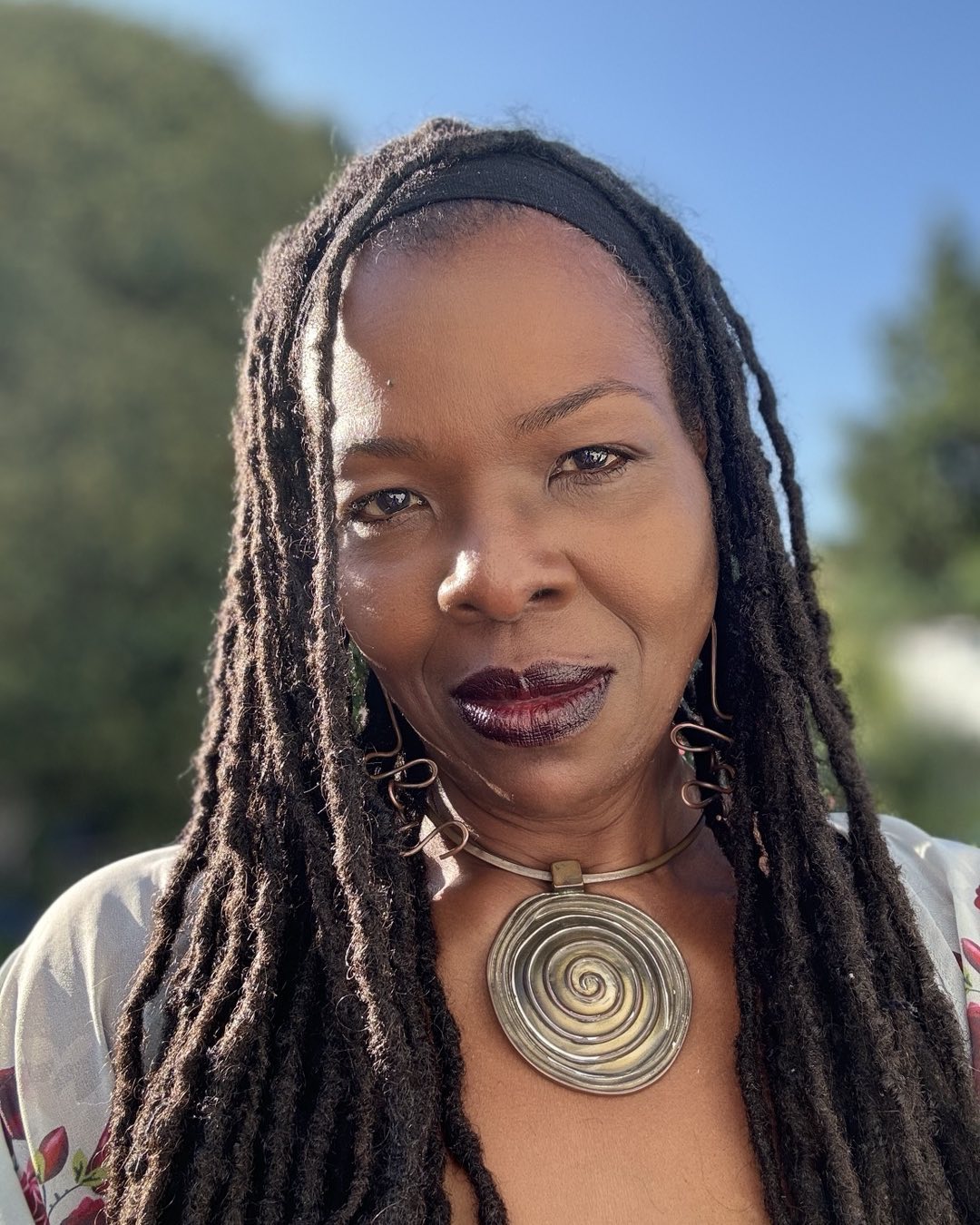

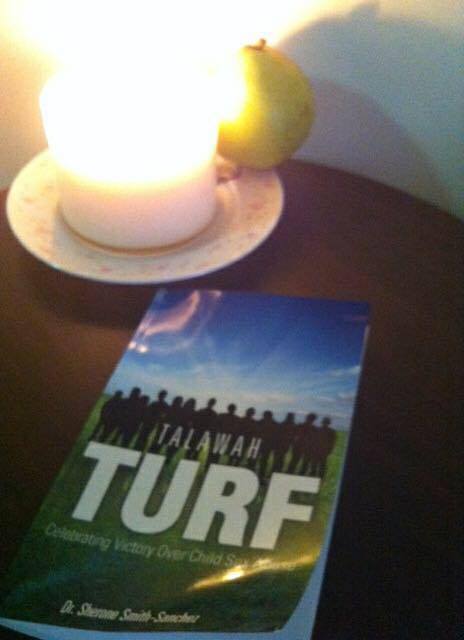
Image Credits
Josiah Sanchez
Orael Sanchez
Shanice Allen


